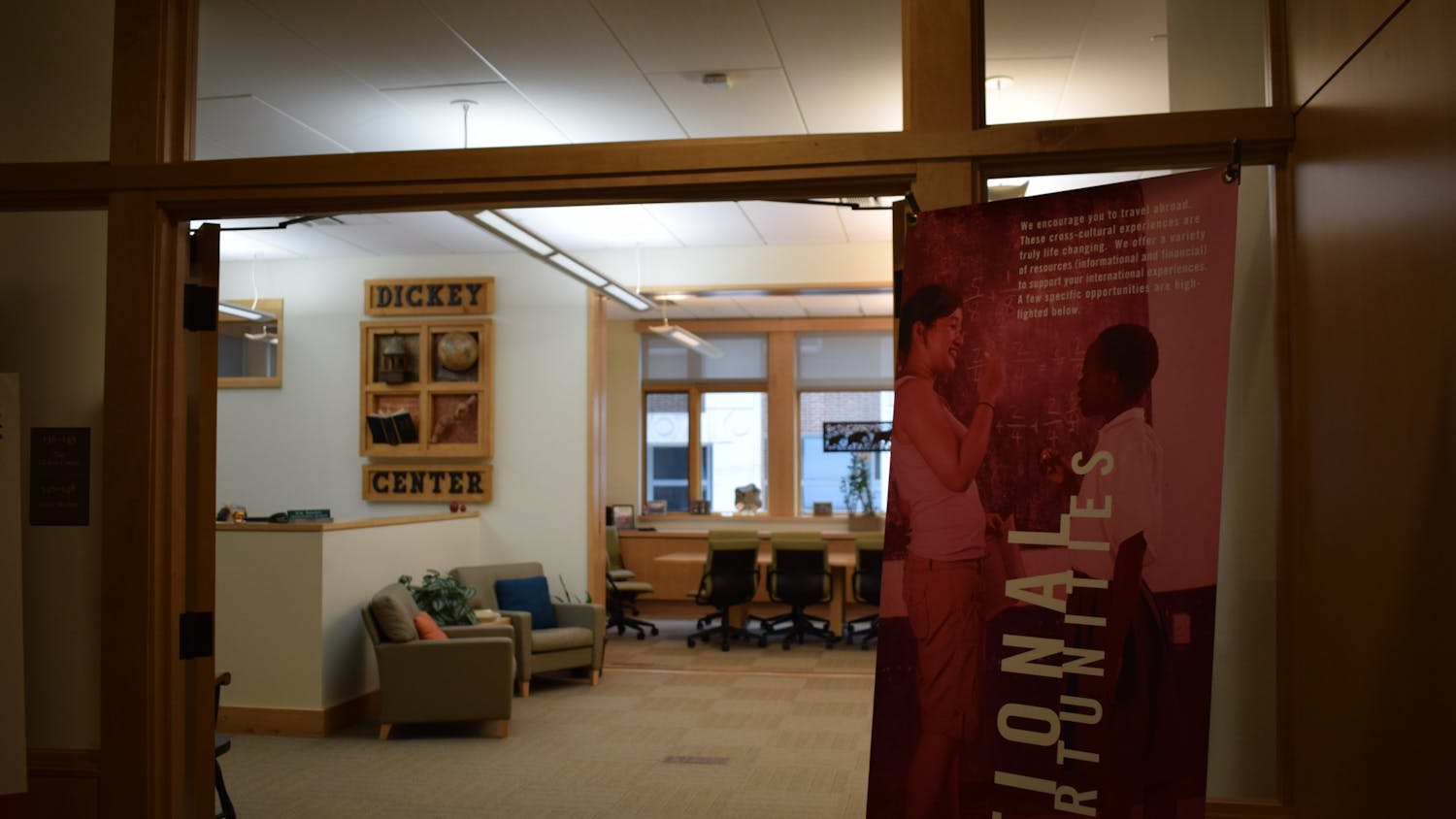The COVID-19 pandemic is a global crisis. Its impacts are felt around the world, and stopping this virus will require global cooperation. Last month, The Dartmouth published a story about how Dartmouth students, parents and alumni donated a large supply of personal protective equipment to Dartmouth-Hitchcock Medical Center and the Upper Valley. This was an admirable act of charity, one that demonstrated the Dartmouth community’s willingness to mobilize and respond to public health challenges — many in the Upper Valley will likely benefit as a result. But we, as a community that benefits from connections throughout the world, must also think about supporting the pressing needs of our global partners.
Dartmouth holds many longstanding partnerships with health organizations around the globe. Year after year, students and faculty benefit from research abroad in Peru, off-term work in Kosovo, projects at cancer centers in Tanzania or Honduras or work at hospitals in Haiti. These organizations support the global learning experiences in which we have the privilege to participate in as Dartmouth students. But during the global challenge of the COVID-19 pandemic, many of these organizations are suffering.
Dartmouth’s partner organizations — including Ministries of Health, hospitals and cancer centers — are concerned about the impact that a lack of supplies could have on health care systems. For example, a Haitian physician who works at a hospital in partnership with Dartmouth recently recounted to us that she was forced to recommend her on-duty staff wear diapers to prevent them from removing protective equipment to use the restroom. That’s how scarce protective equipment was. Members of her medical team instead opted to spend 12 to 14 hours a day on their feet, barely eating or drinking to avoid removing their equipment. In some parts of Peru, health care workers have abandoned their posts entirely because they do not have access to adequate protection. In an email to a member of Dartmouth’s Center for Global Health Equity, a doctor at a public hospital tied to Dartmouth claimed that his city was “in a real crisis with most health systems collapsed and with an ever reducing number of doctors.”
The repercussions of insufficient personal protective equipment in low-resource settings are dire. Many countries already have small health care systems with few health care providers. This means that if even a small number of providers get sick, there may not be enough workers to take care of patients — not just those with COVID-19. In addition to coronavirus patients, a large number of people — especially children, babies and those with treatable diseases — could also die.
In Italy — a high-income country with an equipment shortage — health care workers are routinely exposed to the virus and made up 20 percent of the country’s positive COVID-19 cases as of late March. This equipment crisis would be even more damaging if it occurred in a country with weaker health care infrastructure, like Haiti or Peru. Without PPE, many providers will get sick and may die. Low- and middle-income countries do not have hundreds of medical professionals who will be able to come and provide help, as has happened in hotspots in the U.S. A decimation of the health care workforce could have repercussions that extend far beyond the pandemic. It is therefore critical to provide equipment not only to help individuals now, but also to ensure that national health care infrastructure still exists after the pandemic ends.
Many of the benefits of Dartmouth's international relationships will not be felt during the COVID-19 pandemic. Study abroads and internships have been canceled. Speakers are not coming to campus. However, this does not mean that Dartmouth should neglect its responsibility to its global partners. Dartmouth's partner organizations have given students incredible benefits over the years. It is unacceptable for us to benefit from these relationships in good times and abandon our partners when times are tough — that is exploitation, not the “partnership” that Dartmouth claims to embrace. The Dartmouth community has a wealth of resources that some of our partners do not currently have access to because of financial constraints and political instability. The least we can do is provide our partners with some support to help them get through the pandemic.
There have already been many accounts of students and alumni supporting their communities, but our partners in low and middle-income countries are being forgotten in these efforts. Right now, isolated in our homes, we may feel farther than ever from these partners. We know that it is scary at home, too — there are not enough resources anywhere in the world to fully protect everyone from the pandemic. However, we — the Dartmouth network — have the privilege of being part of a community where many have the financial means to support these partner organizations. Although there may not be enough resources for everyone to have plenty, there are enough for everyone to have some.
It’s nice to say that we are part of a global community — now is the time to prove it and support all members of the Dartmouth community.
Hill is a member of the Class of 2023 and Lang is a member of the Class of 2021.
The Dartmouth welcomes guest columns. We request that guest columns be the original work of the submitter. Submissions may be sent to both opinion@thedartmouth.com and editor@thedartmouth.com. Submissions will receive a response within three business days.


